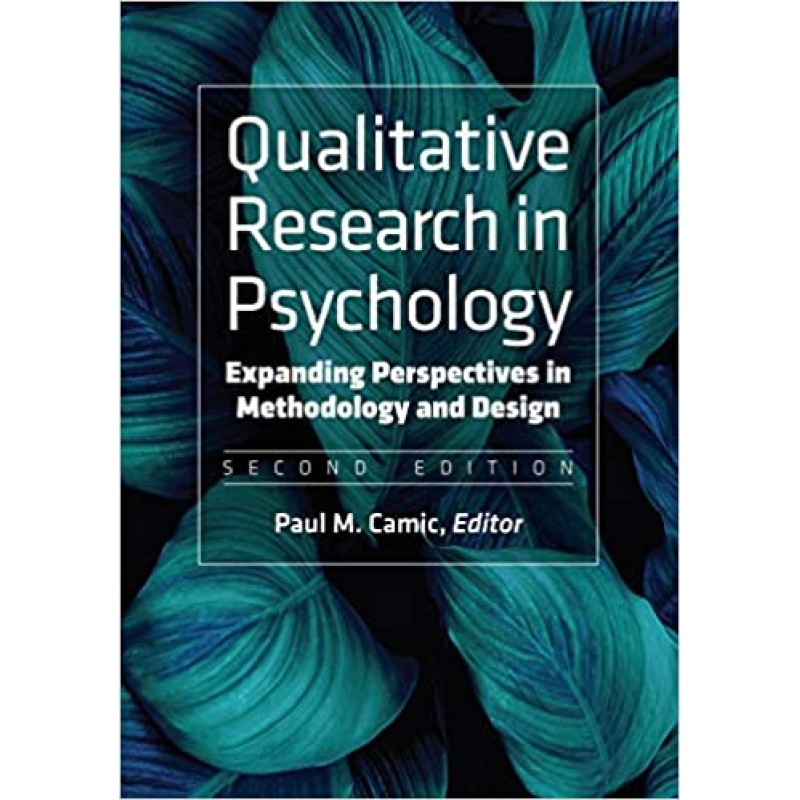Qualitative Research in Psychology Expanding Perspectives in Methodology and Design 2E
- ISBN: 9781433834455
- Εκδότης: American Psychological Association
- Σελίδες: 323
- Διαστάσεις: 18x26
- Έτος Έκδοσης: 2021
93,00€
Χωρίς ΦΠΑ: 87,74€



